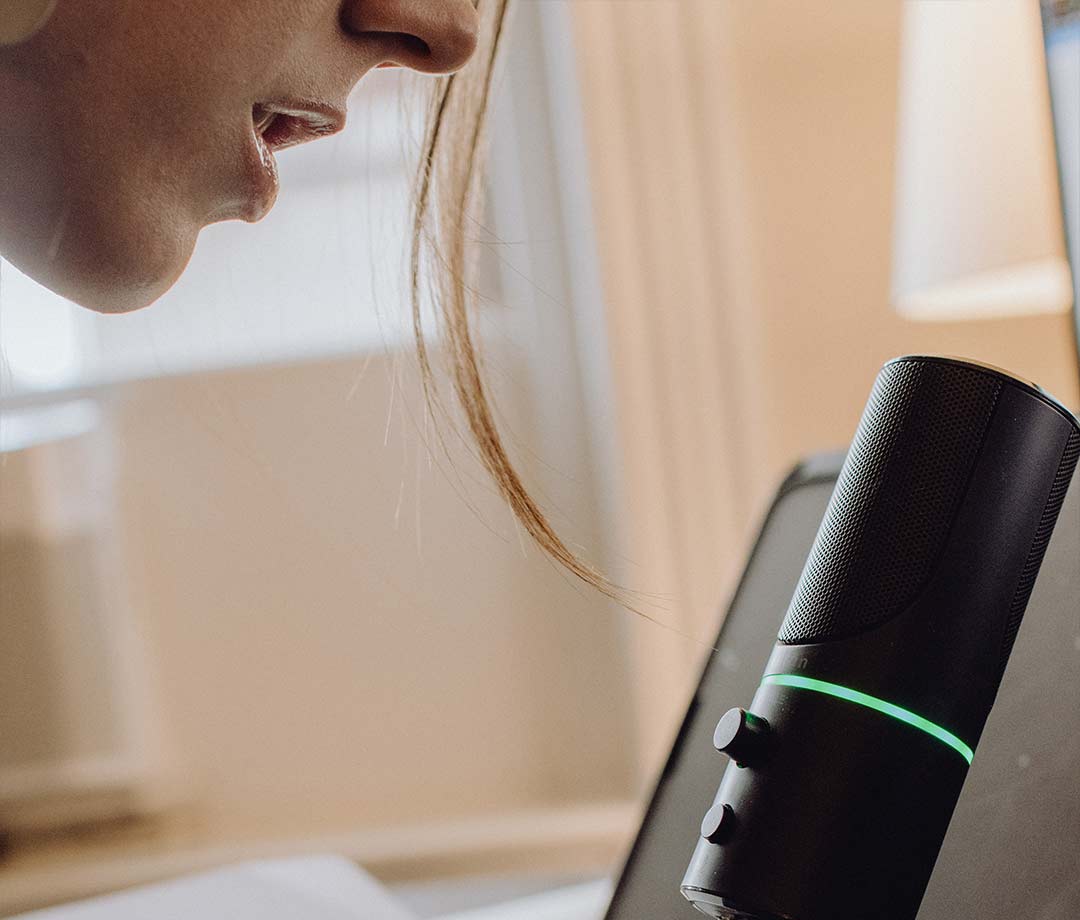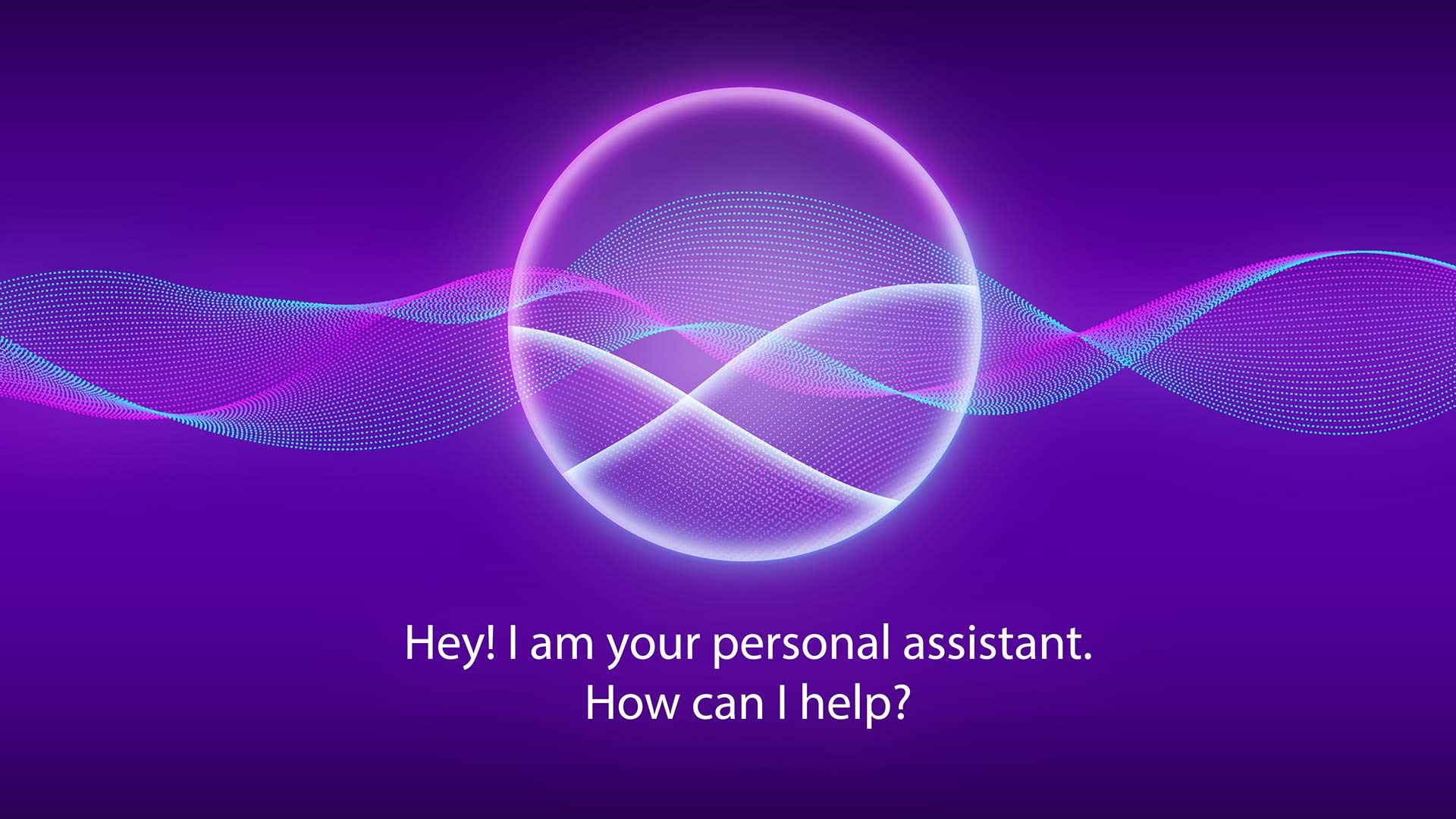


Voice User Interfaces (VUI)
Voice User Interfaces (VUI) are becoming increasingly common in our daily activities. Whether we want to ask about the weather or listen to our favorite song, using voice assistants like Alexa or Siri has become an integral part of our daily lives. But what are VUIs and how do they work?
What are voice user interfaces?
A voice user interface is a user interface that is controlled by voice commands. Unlike traditional graphical user interfaces (GUIs), a VUI uses the human voice as an input method. The goal of VUIs is to create a natural and intuitive user experience.
How do Voice User Interfaces work?
VUIs use speech recognition technology to convert the user's spoken words into text. Then, an NLU (Natural Language Understanding) engine analyzes the text and detects the user's intent. Based on this intent, the system then performs the appropriate action. The system's response is then output to the user in spoken form.

Advantages of Voice User Interfaces
Natural and intuitive user experience
Using VUIs enables a natural and intuitive user experience, as users are able to interact with the system in the same way they interact with other humans.
Time Savings
By using VUIs, users can complete tasks faster and more efficiently because they do not need to access a graphical user interface.
Accessibility
Using VUIs, people with visual impairments or motor disabilities can use technology in an easier and more accessible way.
Potential for automation
VUIs can also be used to automate tasks, saving labor costs.

Conclusion
Voice user interfaces offer a natural and intuitive user experience, time savings, accessibility, and the potential to automate tasks. If your business involves a lot of customer interactions, consider incorporating a voice user interface into your digital strategy. Doing so can help you achieve an improved customer experience and greater efficiency.
![[Translate to English:]](/fileadmin/inscript/News/Good_to_know/Voice_User_Interface/Voice_User_interface_Teaser_Desktop_1252x794.jpg)









